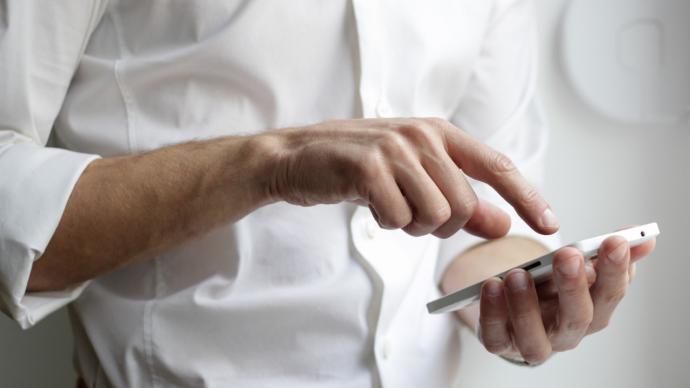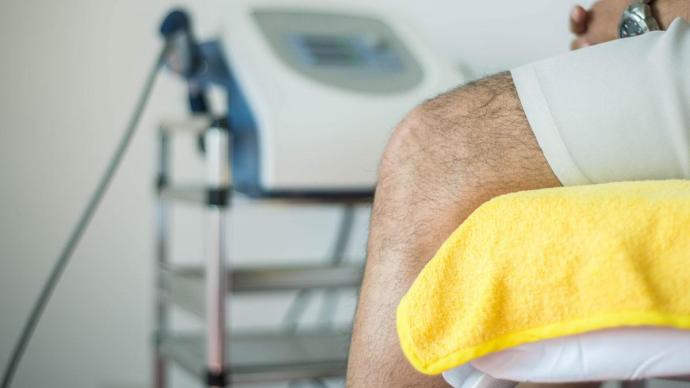Pain
Chronic physical pain wears you down, makes you irritable and short tempered, and can leave you feeling depressed. Pain, physical health and emotional wellbeing are all closely related. These tools will help you improve your quality of life by helping you manage pain.
If your pain is a problem
Chronic pain is pain that lasts longer than six months and affects how a person lives their daily life.
It can include back pain, severe headaches, joint pain, nerve pain and more. Sometimes people’s general physical health isn’t great and interferes with their quality of life. Common examples include nausea, stomach aches, constipation or regular diarrhoea (which might be irritable bowel syndrome).
What you can do about it
Self-help
Several medical treatments can help with chronic pain, including over-the-counter or prescription medications, physiotherapy and even surgery. But these are only a few options available to help with chronic pain.
Emotional problems and physical pain feed into each other: the more unhappy we are, the worse the pain and the harder it is to cope. It can quickly become a vicious downward spiral. Looking after your mental health and wellbeing is crucial to dealing with pain effectively. But first, you need to understand the physical causes.
Find a good GP
The first step is to make sure you’ve been thoroughly examined by a doctor. The best place to start is a good GP.
It’s a good idea to tell your GP about your military history and experiences. That will help them understand you a bit better so you can get access to the best possible services, including those provided through DVA.
There's a good chance your GP has worked with other veterans so they'll probably understand the specialist support and services you are entitled to.
Once you’ve found a doctor who understands your situation, try to stick with them! Continuity of care makes it easier to develop a plan that works for you.
Manage your mental health
Your mental and emotional health is vital to coping with pain and any physical injuries you may have.
There’s lots of information on how to cope with depression, anxiety, and posttraumatic stress on other parts of this site.
Avoid 'self-medicating' with illegal drugs or alcohol to 'manage' pain. Even though alcohol or drugs may distract you from your pain in the short term, they do nothing to fix the underlying problems. They may also cause problems in the long run.
Generally, looking after yourself – eating well, getting plenty of rest, regular exercise (within the limits of your pain) – will make it easier to deal with stress and cope more effectively with chronic pain. Negative self talk can derail your efforts to live a better life.
Take action
Learn to think about your pain differently
Remind yourself that you are not a powerless victim of your pain, you're working on ways to deal with it, and you are going to live a productive and fulfilling life despite the pain.
The way you think about your pain can change the way you feel and act. Thinking in an unhelpful way can make your mood worse and make it more difficult to deal with stressful situations.
Use the Reassess Your Thoughts tool to help you identify thoughts that are causing you distress, then start to reassess these unhelpful thoughts and come up with more helpful ways of thinking.
This tool is also available on the High Res app to use on the go.
Stay active
When you are in pain, it is often tempting to reduce or stop activities and to shut yourself away. This is just about the worst thing you can do.
Cutting yourself off from everyone and everything makes it more likely that you’ll think negatively about your situation, focus on your pain and feel worse.
Try to become active and engaged.
Distracting yourself from pain by engaging in enjoyable and productive activities – even though they're hard – will increase the positive aspects of your life.
Focus on what you can do (not on what you can’t) and work out a plan to make it happen.
Find a hobby or a pastime that you enjoy; even better if it helps you connect with family, friends or your community.
Take action
Find enjoyable or distracting activities to manage pain
Withdrawing from activities is common if you experience pain, while engaging in enjoyable or distracting activities is an important part of managing pain and improving your mood.
Use the Distraction tool for activities that can distract you from your pain.
Use the Enjoyable and Rewarding Activities tool to identify engaging and enjoyable activities.
When you are having a good day, use the tools to develop a plan with activities you find engaging. The purpose is not just to do distracting things, but also help manage your pain.
These tools are also available on the High Res app to use on the go.
Get support from other people
Coping with chronic pain is much harder if you’re doing it alone. Try to spend time with friends and family – people you care about and who care about you.
You don’t have to talk about your pain, just be with other people. It’s OK to talk about the pain sometimes, but not all the time.
The aim is to have some social contact every day. This will give you something to look forward to.
Specialist organisations
More information on strategies to manage chronic pain is available from:
Take action
Build social connections to help you cope with pain
Having good social support helps you feel better and cope with pain.
Use the Social Connections tool to identify the people in your life who can offer support and the different kinds of support they can offer.
When you’re starting out you can focus on strengthening relationships with those closest to you. Over time, you can work on building a wider support network by reaching out to people you don't see as often or you've lost contact with.
This tool is also available on the High Res app to use on the go.
If pain is causing you distress, counselling might help. Open Arms - Veterans & Families Counselling offers free and confidential counselling to veterans and their family. Call 1800 011 046 to learn more
See also
-
 Pain management clinics
Pain management clinicsThere are plenty of specialised pain management clinics around the country, with multidisciplinary teams to help you.
-

Apps and online resources
There are many resources online that can help you. Open Arms and other veteran aligned organisations administer a range of digital tools to assist in maintaining mental and physical health of veterans and their families.






